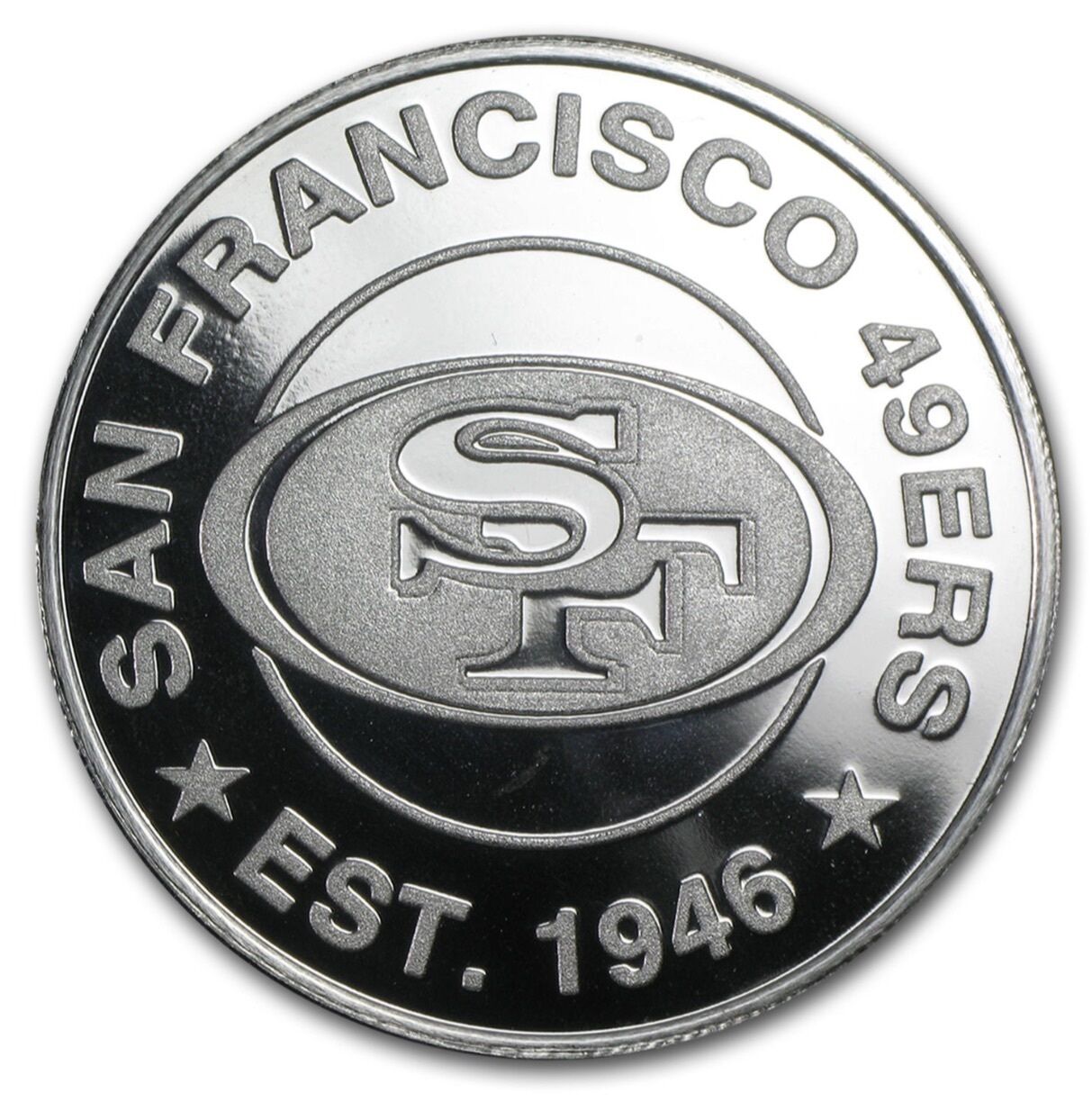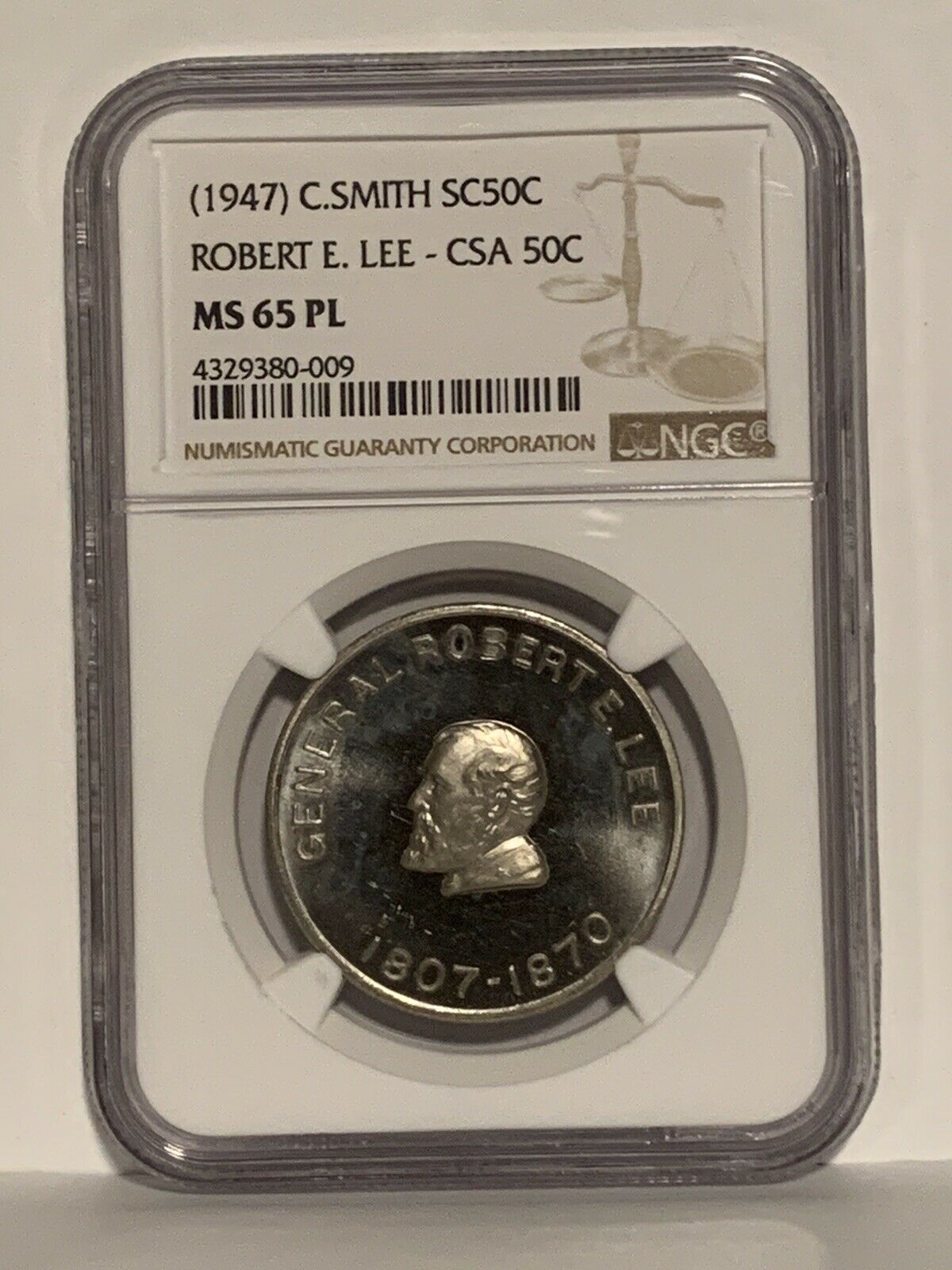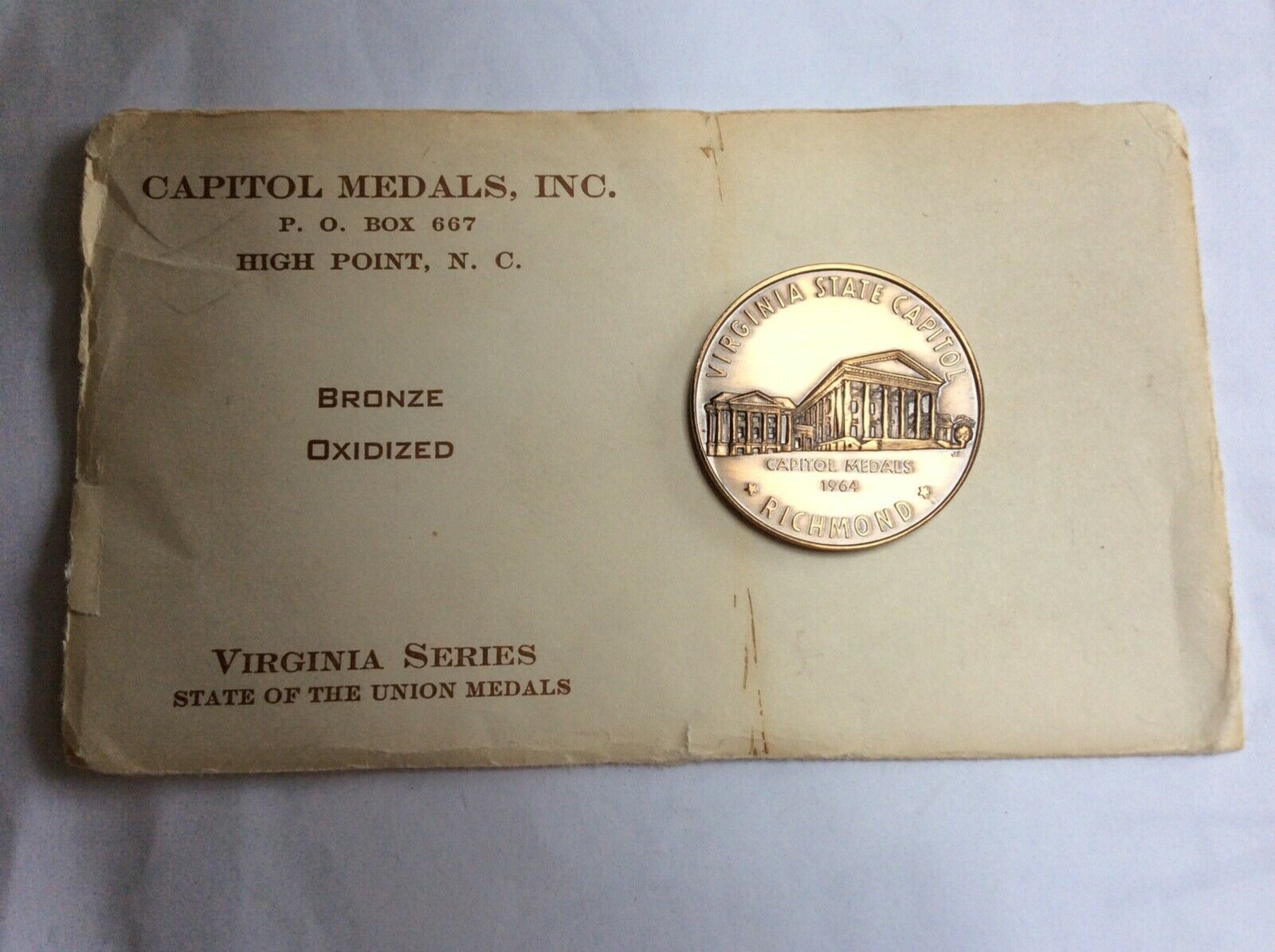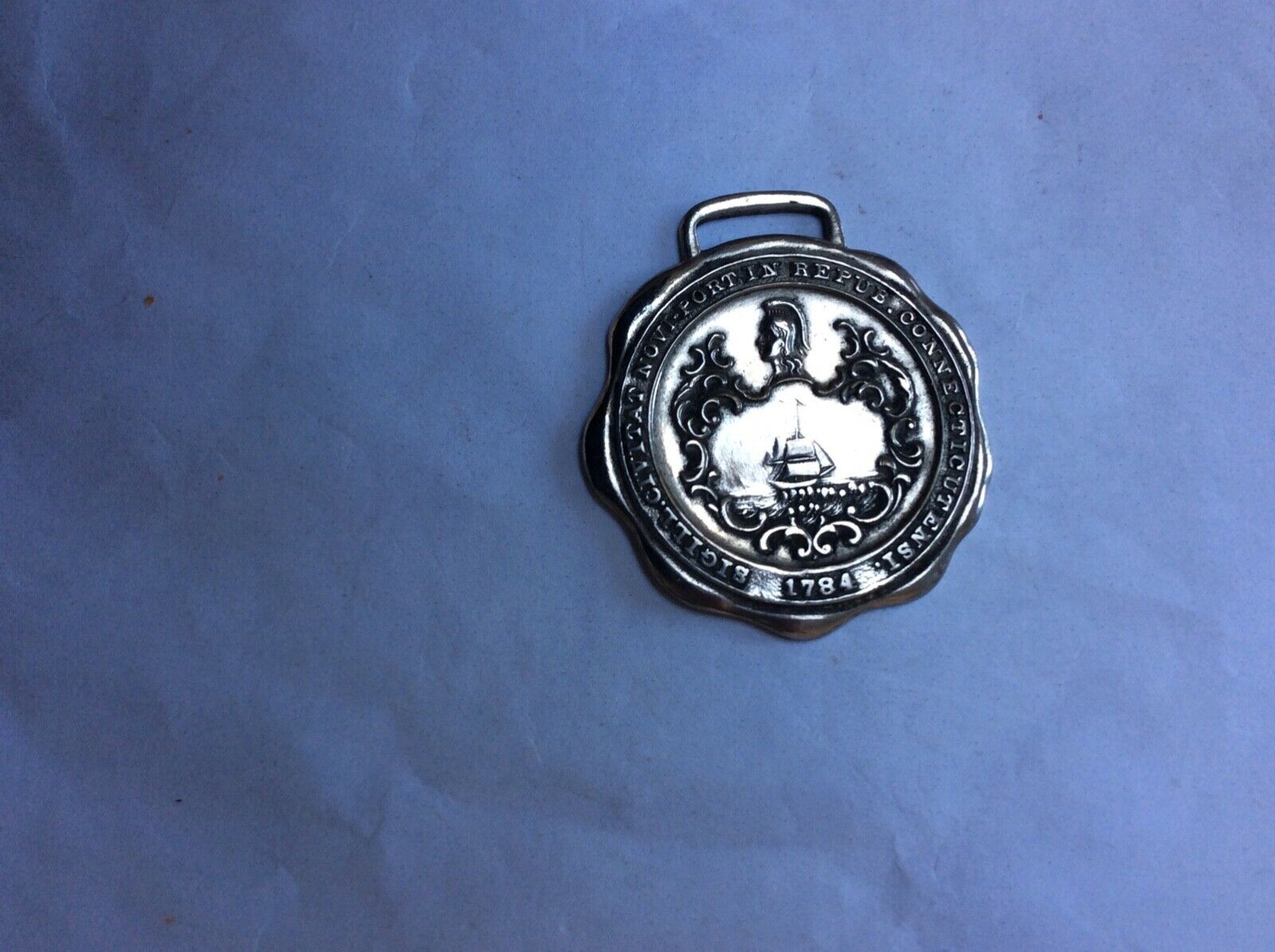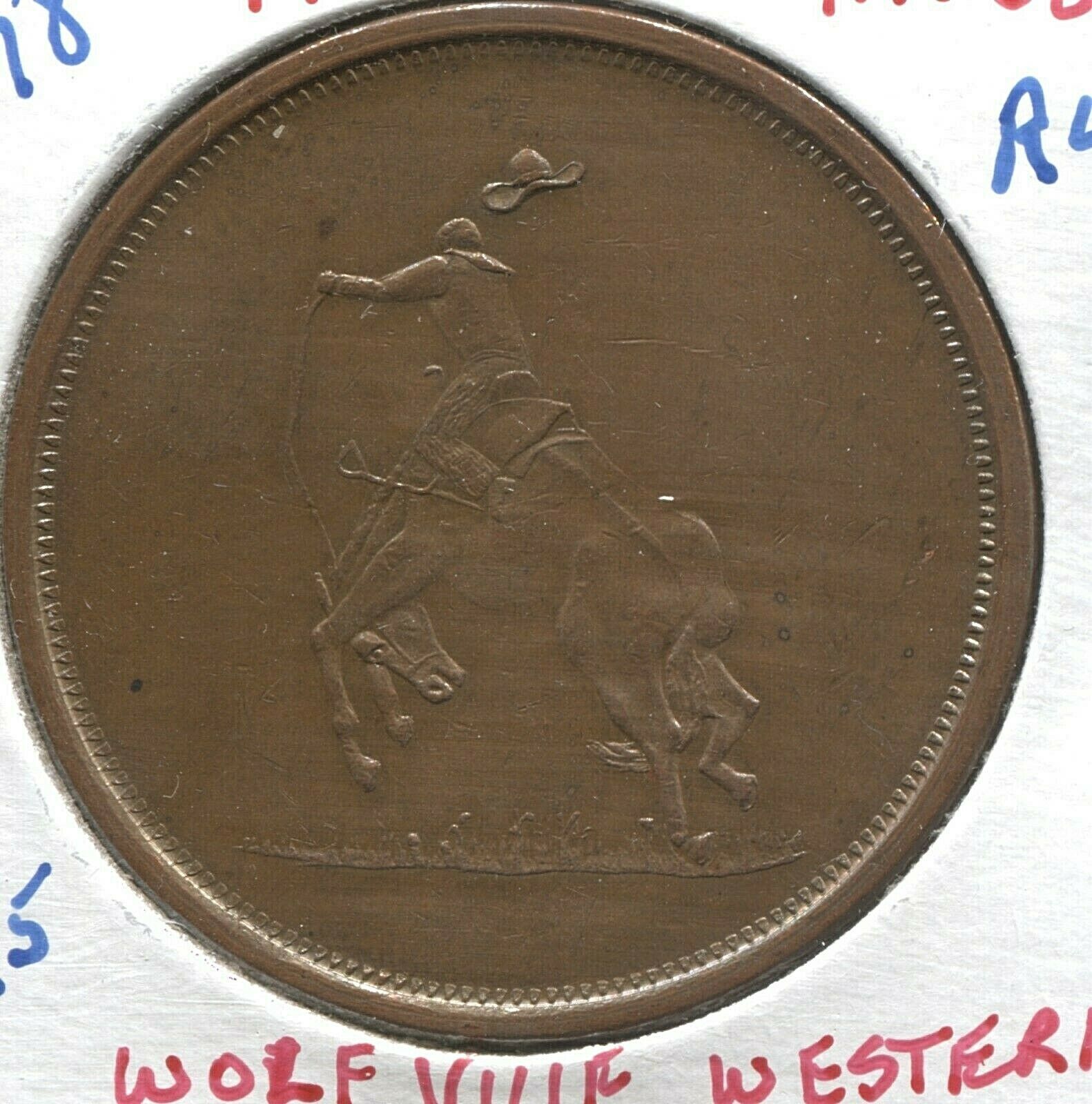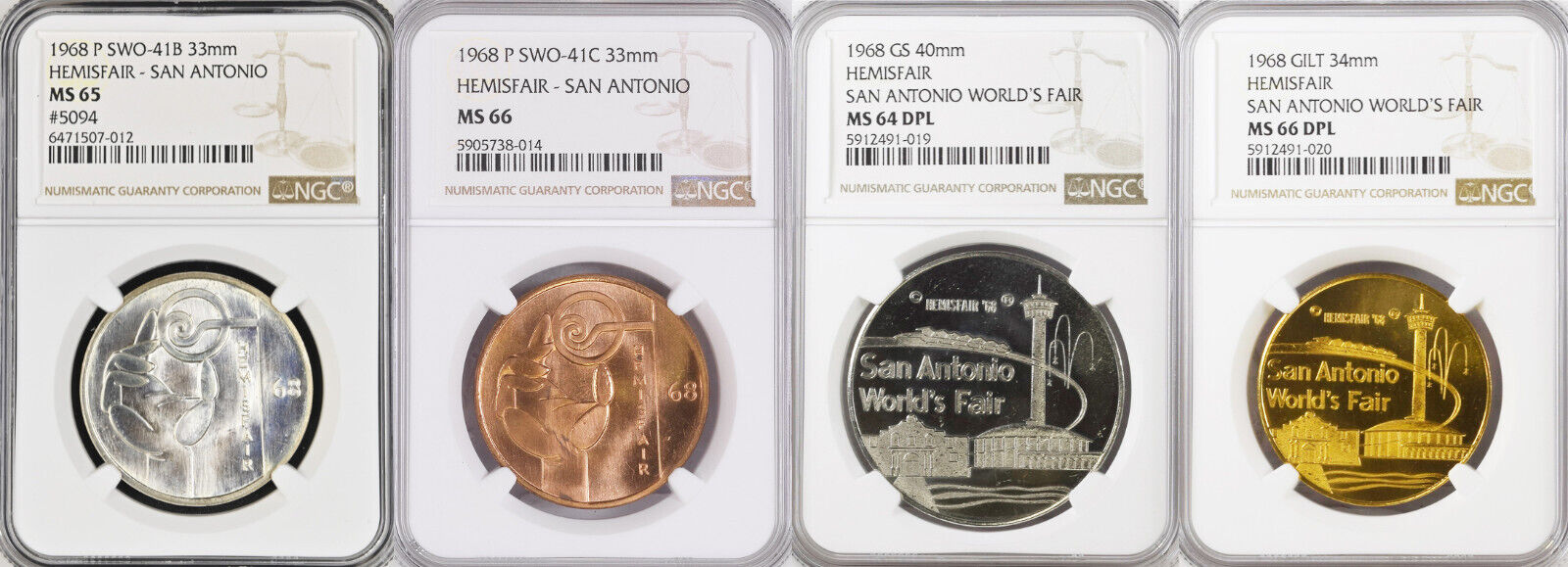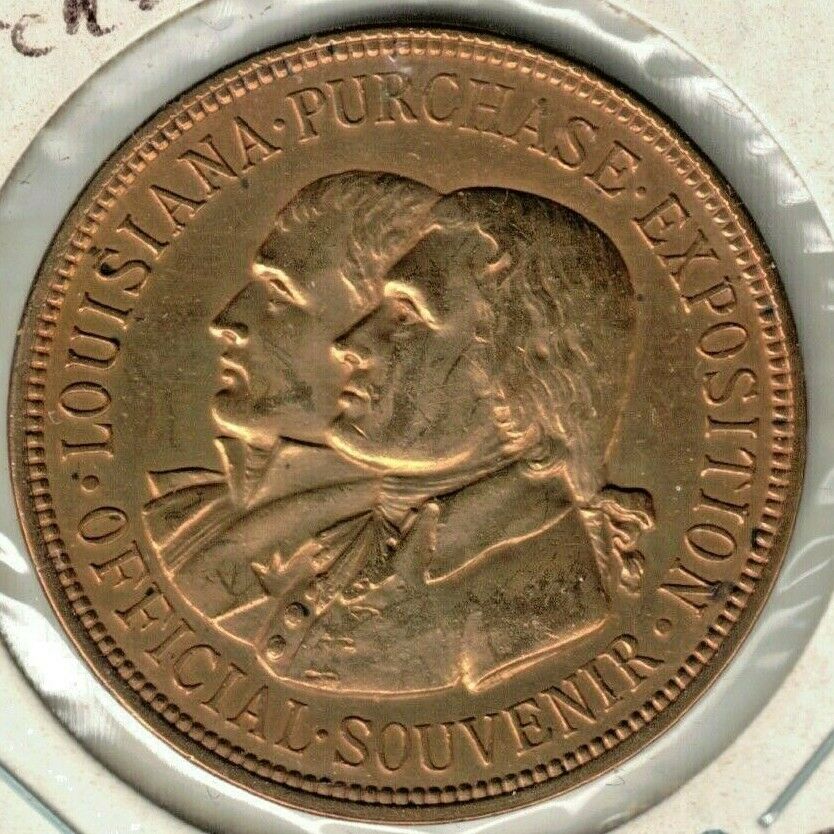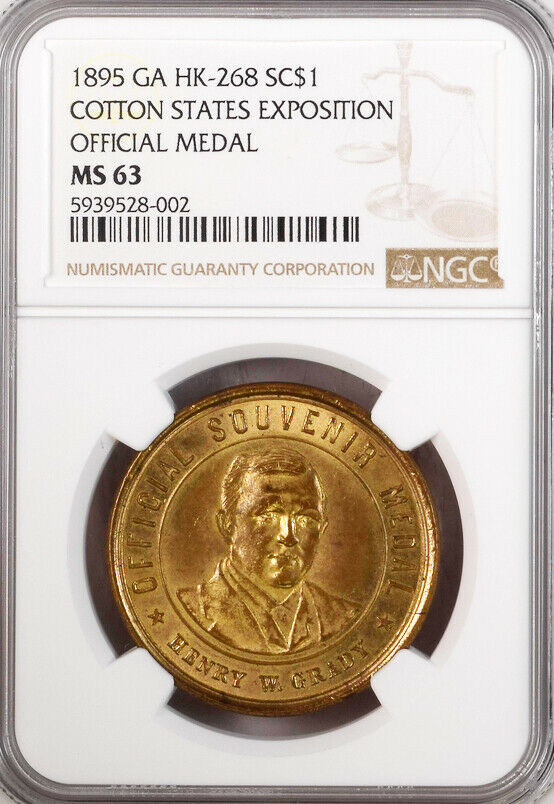-40%
1947 C. Smith Pony Express Diamond Jubilee So-Called Half Dollar NGC MS67
$ 155.76
- Description
- Size Guide
Description
Ancient Coins Guaranteed AuthenticI offer 30-day no questions asked free returns!*‡‡
All Shipping Combined
Free Domestic Shipping
International Shipping Free For Purchases over ,000
The Pony Express was a mail service delivering messages, newspapers, and mail using relays of horse-mounted riders that operated from April 3, 1860, to October 24, 1861, between Missouri and California in the United States of America.
Operated by Central Overland California and Pikes Peak Express Company, the Pony Express was of great financial importance to the U.S. During its 18 months of operation, it reduced the time for messages to travel between the Atlantic and Pacific coasts to about 10 days. Many people used the Pony Express as a communication link. It also encouraged catalogs to be created, allowing people to buy goods and have them brought by horse to the customers.[1] It became the West's most direct means of east-west communication before the transcontinental telegraph was established (October 24, 1861), and was vital for tying the new U.S. state of California with the rest of the United States.
Despite a heavy subsidy, the Pony Express was not a financial success and went bankrupt in 18 months, when faster telegraph service was established. Nevertheless, it demonstrated that a unified transcontinental system of communications could be established and operated year-round. When replaced by the telegraph, the Pony Express quickly became romanticized and became part of the lore of the American West. Its reliance on the ability and endurance of individual young, hardy riders and fast horses was seen as evidence of rugged American individualism of the frontier times.




